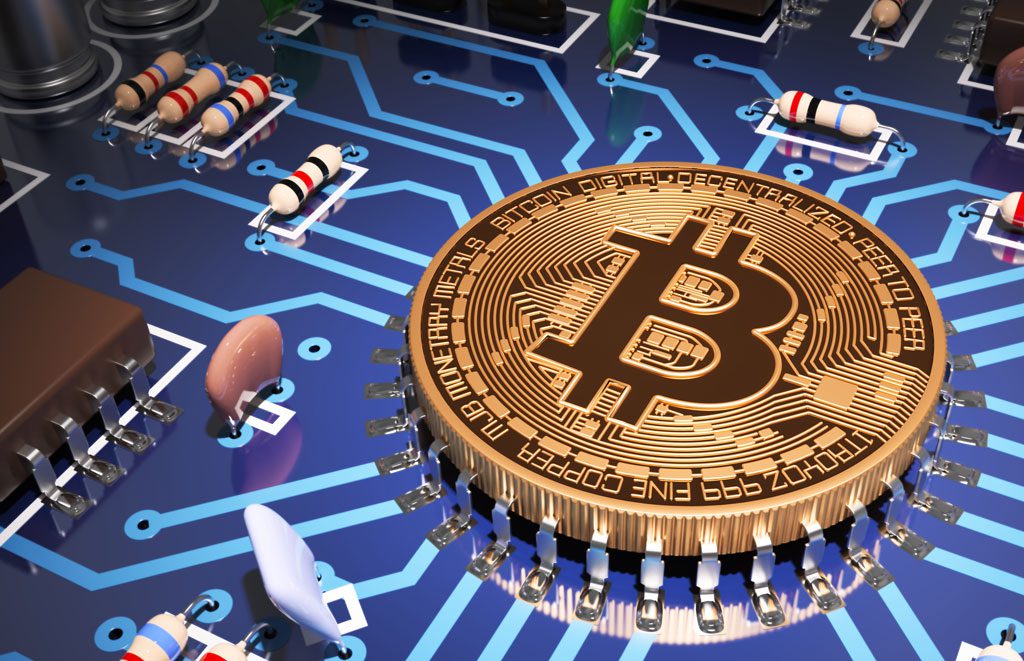
We use money as a placeholder for value, but sometimes a newcomer emerges that has an impact on the market. The digital currency bitcoin, which became available in 2009, is a prime example.
Bobby Sharp, co-founder of the bitcoin ATM company Coinsource, describes bitcoin in layman’s terms.
“Put simply, bitcoin is peer-to-peer currency,” Sharp says. “It is used to store value for transactions without going through the traditional banking system.”
With today’s sharing economy of companies like Lyft and Airbnb, and the constant presence of social media, bitcoin seems at home in a world that uses technology to innovate. The idea behind the volatile currency is blockchain technology, which backs the operating system and ensures its security through cryptography. Sharp says bitcoin is poised for continued growth. Bitcoin’s value was zero in 2013, but soared to nearly $20,000 in late 2017 before dropping.
“Instead of using traditional fiat currency, so many more people now use debit and credit cards,” Sharp says. “Cash is already a thing of the past, and bitcoin is the new frontier.”
Many financial analysts see bitcoin’s value as inflated and fear a bursting of the bubble. However, Sharp says the currency can be a tool for investors.
“If you have a gold bar in your safe, you’re not pulling that bar out and buying anything with it; it’s sitting there as something of value,” he says. “Having bitcoin in your safe is just a way to diversify. It’s a commodity. And in the future, I think bitcoin is paving the way for how countries, all the way down to municipalities and individual merchant services, understand currency and financial systems. I think it’s a wonderful thing.”
Coinsource placed its first bitcoin ATM in the state last summer in Oklahoma City. Sharp says Coinsource uses algorithms to predict machine locations, but that demand sometimes speaks for itself.
“We kept getting calls from Oklahoma City in particular,” he says. “So many Oklahoma residents were driving into the Dallas/Fort Worth area to use our machine located there, so we knew we needed to go into Oklahoma. The first machine in Oklahoma City has been a huge success and we think the state is ripe for more bitcoin machines.”
As bright as bitcoin’s future seems, the currency can be unpredictable. The website InvestorPlace notes that prices can rise and fall quickly because the commodity is unlike tangible currencies; bitcoin only exists mathematically. An exchange through bitcoin also requires a willing market, and, in the United States, the ready acceptance of bitcoin for exchanges fluctuates.
On its daily blog, cybersecurity company Kaspersky encourages healthy skepticism of bitcoin’s future. Kaspersky says blockchain technology has disadvantages; exchanges are conducted under the cloak of “pseudonymity.” Bitcoin is not fully anonymous because all transactions are recorded and public. Therefore, it is possible for a family member, for example, to know how much bitcoin you hold and what exactly you spend it on.
Regardless of bitcoin’s future, technology has transformed the way we conduct everyday business, and the disruption shows no signs of slowing.

























